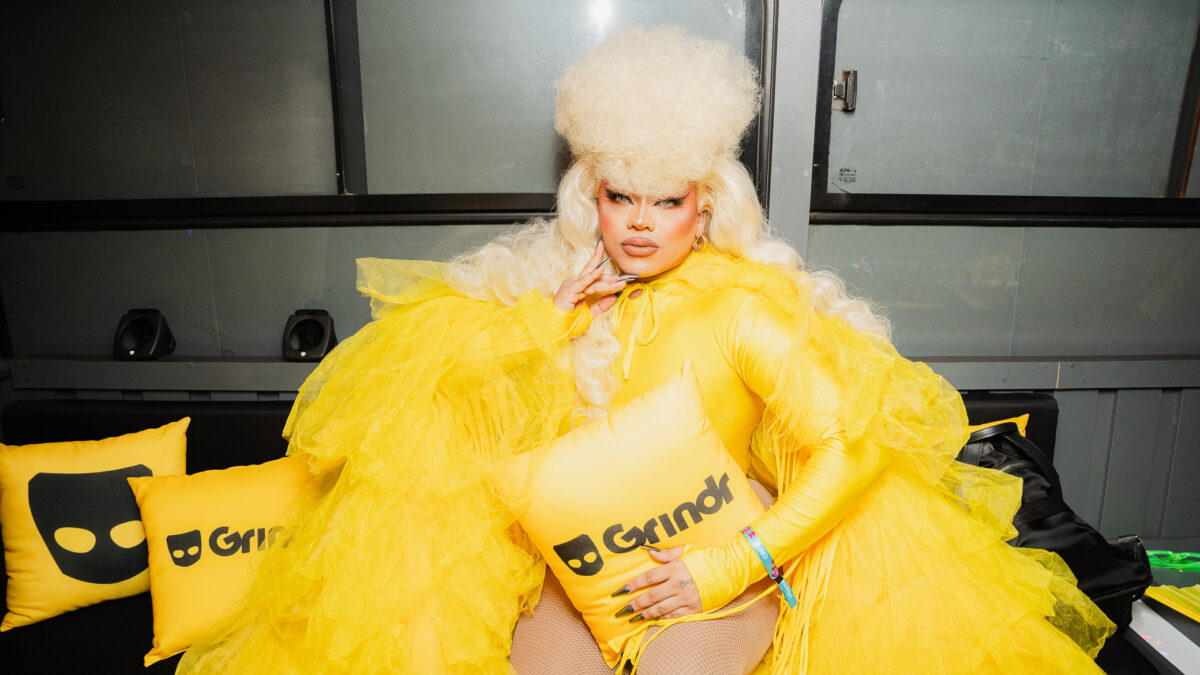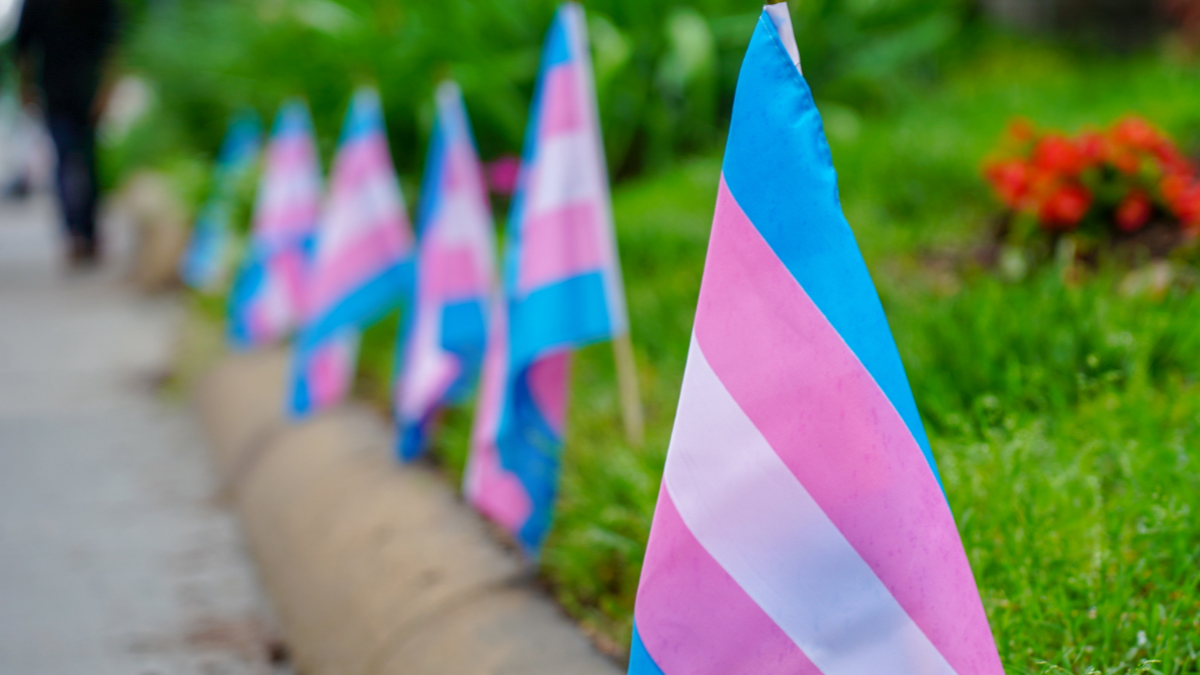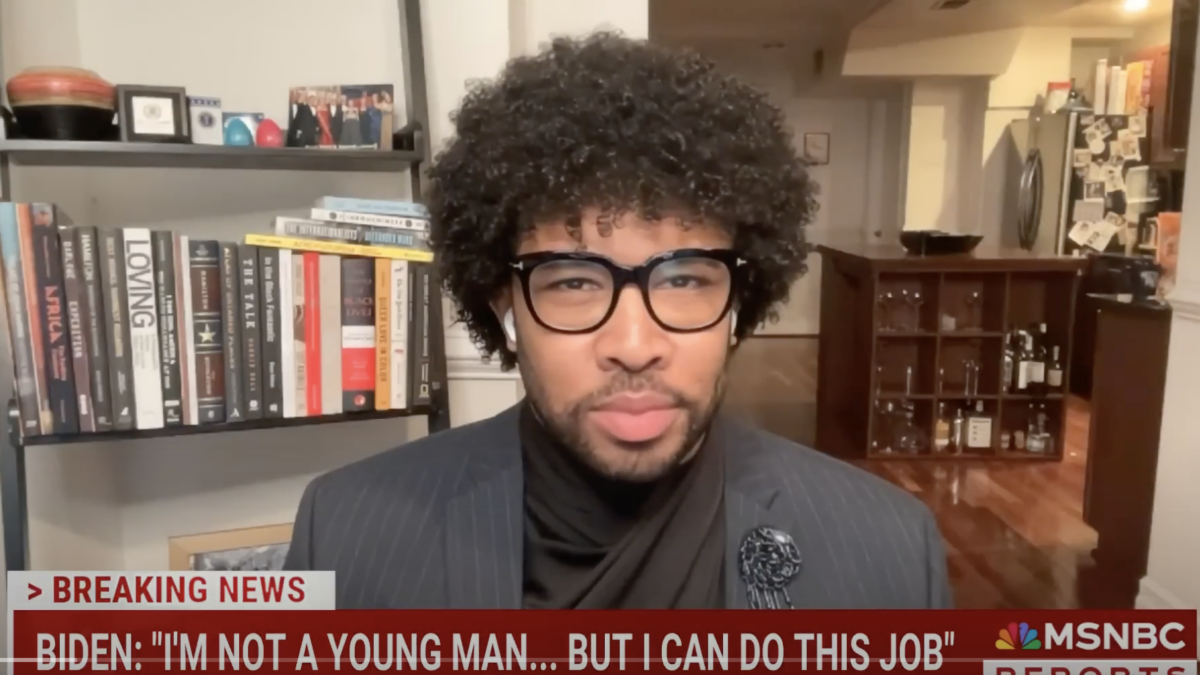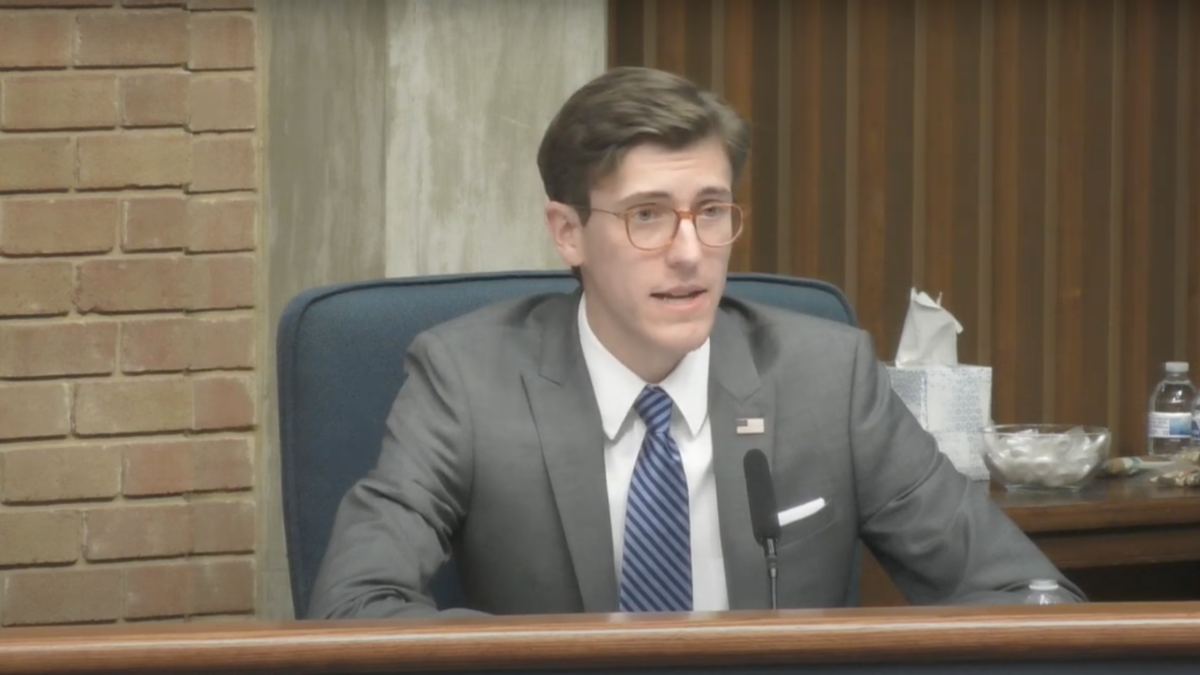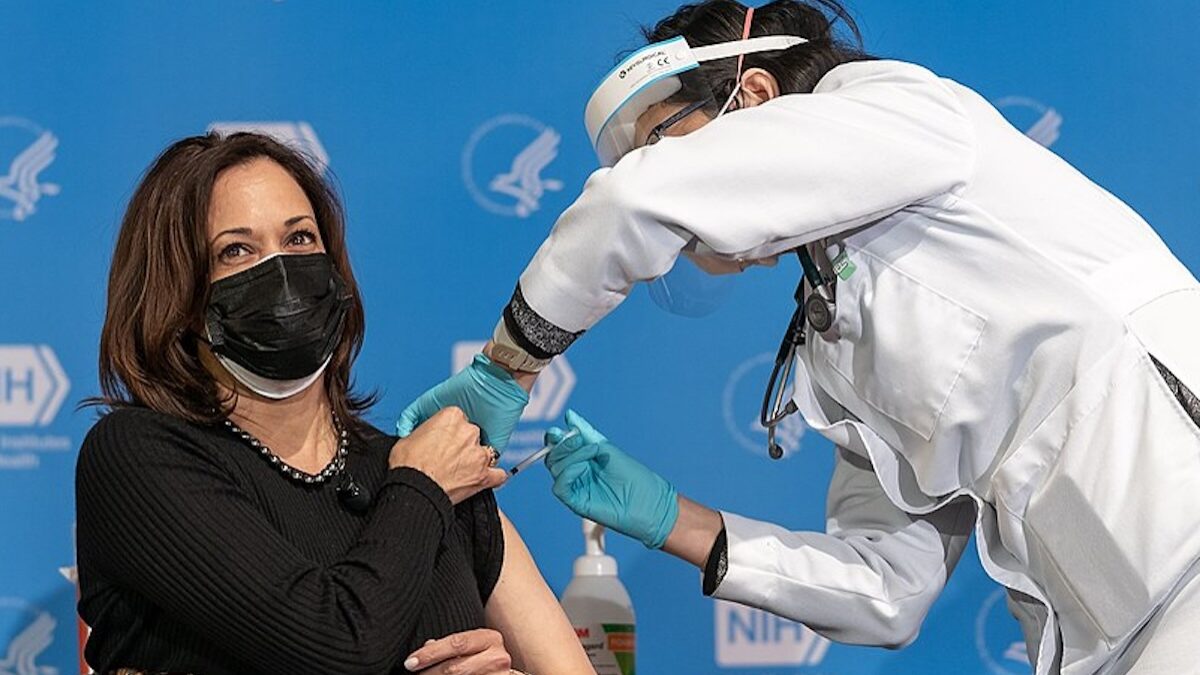“I love you and I’ll give you a call when I get home Monday after work,” were the last words a father said to his son.
On June 22, Pauly Likens, a 14-year-old boy, went missing. On July 3, his alleged killer, 29-year-old DaShawn Watkins, was arrested after the boy’s dismembered body was found near Shenango River Lake, Pennsylvania. Pauly’s father remembered his last call, “It went straight to voicemail. Something told me that was wrong, something was going on.”
Media reports on the story are focused on the child’s transgender identity and if this was a hate crime, but what really needs addressing is the disturbing trend of adult predatory behavior toward minors within gay male culture.
Pauly’s father told police his son told him he was spending the night at a friend’s house. Pauly reportedly did go to a friend’s house but left around 9:00 p.m., saying he was walking home. At 2:30 a.m., Pauly posted an image on Snapchat of a dark road, commenting he was just out for a late-night walk. He told his friend he was OK.
Police say Pauly’s phone indicated he was heading toward an area near Budd Street Public Park before his phone battery died at 3:40 a.m. Pauly had been talking with Watkins on Grindr, a sex app for gay men, and they had agreed to meet. Watkins is an openly gay man, and Pauly was beginning transgender transition. Most news reports refer to Pauly as a girl and use she/her pronouns.
Activists Say It Was a Hate Crime
This detail has dramatically shifted news reporting, as LGBT activists have latched onto the case as evidence of anti-trans hate. Sharon City Councilman Taylor Galaska, who identifies as LGBT, said, “Pauly’s life was taken far too soon. A stark reminder of the ongoing challenges faced by LGBTQIA+ individuals.”
The Pennsylvania Youth Congress, an LGBT organization for young people, has demanded hate-crime charges be brought against Watkins. Its press release states, “Pauly’s death has increased fear and panic among local LGBTQ community members and their families, including parents of transgender children. We call for justice to be severe and swift to meet this vicious crime. What happened to Pauly required so much hate, to be able to take a life in such a heinous and cruel way.”
The organization continues, “If not for Pauly’s identity as a trans girl, would she have been targeted by the suspect? Would she have been attacked by the suspect? Would she have been dismembered by the suspect? … It is unlikely that the suspect would have done so if Pauly were anyone else.”
Female Pronouns
Much of the press release focuses on demanding the media use female pronouns. The Pennsylvania Youth Congress has been aggressively contacting news organizations, state and federal officials, and the Mercer County district attorney’s office to ensure Pauly is referenced as a girl in all public communications.
It demands, “There can be no moment where she is misgendered or intentionally broadcast with her birth name over her chosen name to the public. Ignoring who she was is not only an egregious affront to her memory, but tells transgender youth in Pennsylvania that they truly don’t matter even in death.”
The press release does not mention that the killer is an openly gay man but states that Pauly’s mother believes the murder to be a hate crime. Investigators, however, do not.
LGBT activists argue: “While it is entirely possible for an LGBTQ+-identified person to target another person for their actual or perceived queer identity, prosecutors sometimes avoid pursuing hate crime charges if they believe it will be too difficult to prove them in court. Hate crime charges are often proven by pointing to hateful statements made by the accused.”
However, no evidence has been presented to indicate the killer targeted the teenager because he identified as transgender. There has been no information on their communications or how he presented himself at all on the gay sex app. All that is known is Watkins, a gay man, allegedly arranged to meet a 14-year-old boy in a public park around 3:00 a.m., sexually assaulted, and then brutally murdered the boy.
As their public statements show, LGBT activists are little concerned with the murder itself but rather are focused on forcing the media to use correct pronouns and promoting the false story that transgender people are being targeted for violence due to anti-LGBT hate.
Minors Using Gay Sex App
In 2021, National Public Radio (NPR) sat down with several LGBT activists, including Jack Turban, a prominent activist for transgender-identifying youth who specializes in LGBT psychiatry at Stanford University School of Medicine. One individual recalled first accessing the gay sex app Grindr when he was 13. Another argued that LGBT teens use Grindr to make friends because they don’t have other spaces online to do so.
“But sometimes they meet adult men who are dangerous, leading to sexual exploitation, assault and trafficking,” says NPR’s Jenifer McKim. “More than 100 men across the United States have faced charges since 2015 related to sexually assaulting or attempting to meet minors for sex on Grindr,” McKim continues, citing an investigation by the GBH News Center for Investigative Reporting.
Describing minors ending up in emergency rooms, implying self-harm, Turban said, “They’ve reached a breaking point that the situation with this adult sexually exploiting them is overwhelming.” However, he makes sure the audience does not think he is implying there is a problem with gay people, referring to concerns that gays are more predatory than heterosexuals as a “homophobic myth.”
Despite this concern, Turban says “there’s likely hundreds of thousands of minors nationwide using Grindr and similar apps, and families and professionals need to talk to them about how to protect themselves online … people who take advantage of children should be held accountable, but adult-only apps should do more to restrict access.”
The panelist, who first accessed the app at 13, notes that he was sexually assaulted by a 60-year-old man after meeting him and that he would go on to use the app to engage in sex work. NPR reports: “He didn’t see himself as a victim. Instead, he blamed himself.”
Turban adds: “Grindr is also at fault for knowing that this is happening and not doing anything about it. So I think it’s important that we have some conversations about public policy and legislation to change the current situation.”
Adult Gays Seeking Out Minors
But none of the interviewees seem interested in discussing the fault of the adult gay men seeking out minors on the app and sexually abusing them — just like many LGBT activist organizations refuse to even acknowledge the alleged killer of this 14-year-old victim was a gay man. Instead, they all seem more concerned about protecting the reputation of LGBT people and perpetuating the false narrative of anti-LGBT violence and hate.
Teenage boys are not talking with other teenage boys on Grindr. They are talking with adult men. Why won’t LGBT activists talk about this? It’s estimated that hundreds of thousands of teenagers are using these sex apps, but only 100 charges have been made in nearly a decade. This isn’t just an issue of online safety or security measures for adult apps. It also isn’t an issue of anti-LGBT bias or a lack of LGBT spaces for teenagers to make friends.
There is a deeply disturbing trend of adult predatory behavior toward minors within gay male culture, and nothing will change until LGBT activists recognize this and take action to stop it themselves.
